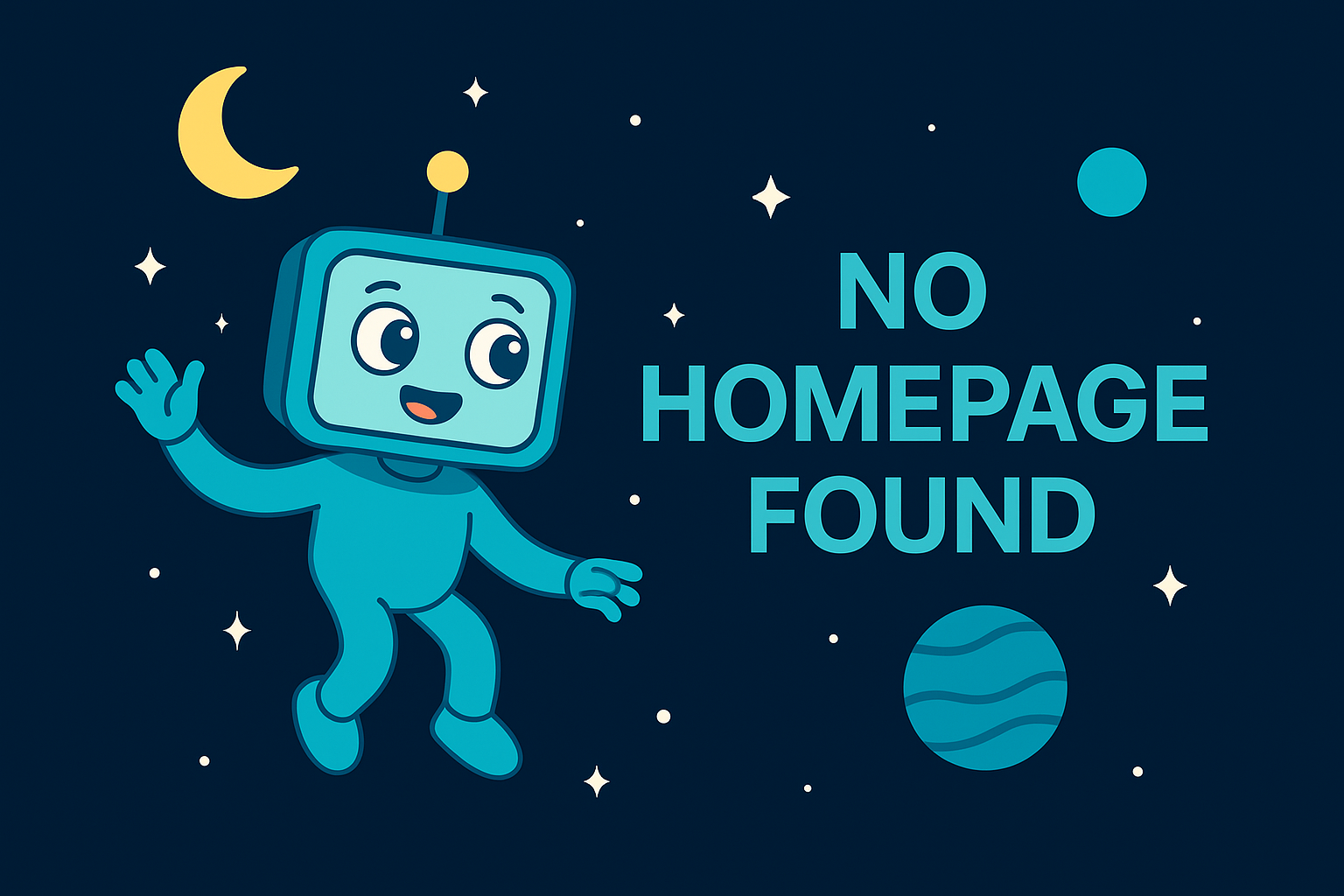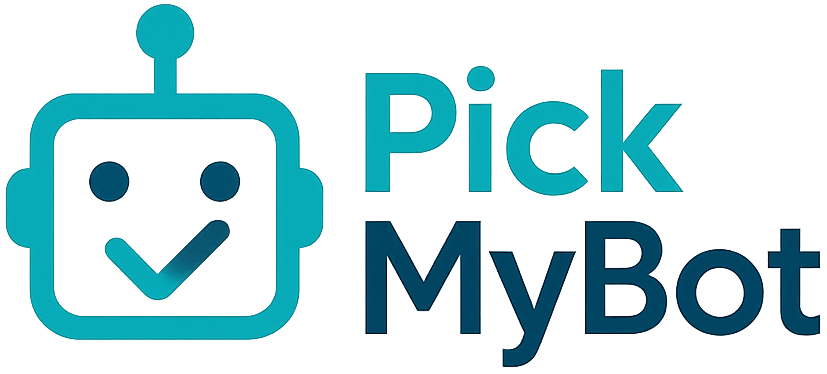
Best AI Tools for Research Tools
Explore the top-rated tools and popular subcategories for Research Tools.
Top 10 in Research Tools










Subcategories
New in Research Tools
Recently added tools you might want to check out.
Connected Papers is a visual tool to help researchers and applied scientists find academic papers relevant to their field of work.
The Cognitive Atlas is a collaborative knowledge building project that aims to develop a knowledge base (or ontology) that characterizes the state of current thought in cognitive science.
Accelerate your research with iMotions' industry-leading biometric tools and gain valuable physiological and emotional data.
Webcam Eye-Tracker: Cloud eye tracking insights platform for remote behavioral research. Measure eye movements Online. Attention HeatMap. Free

